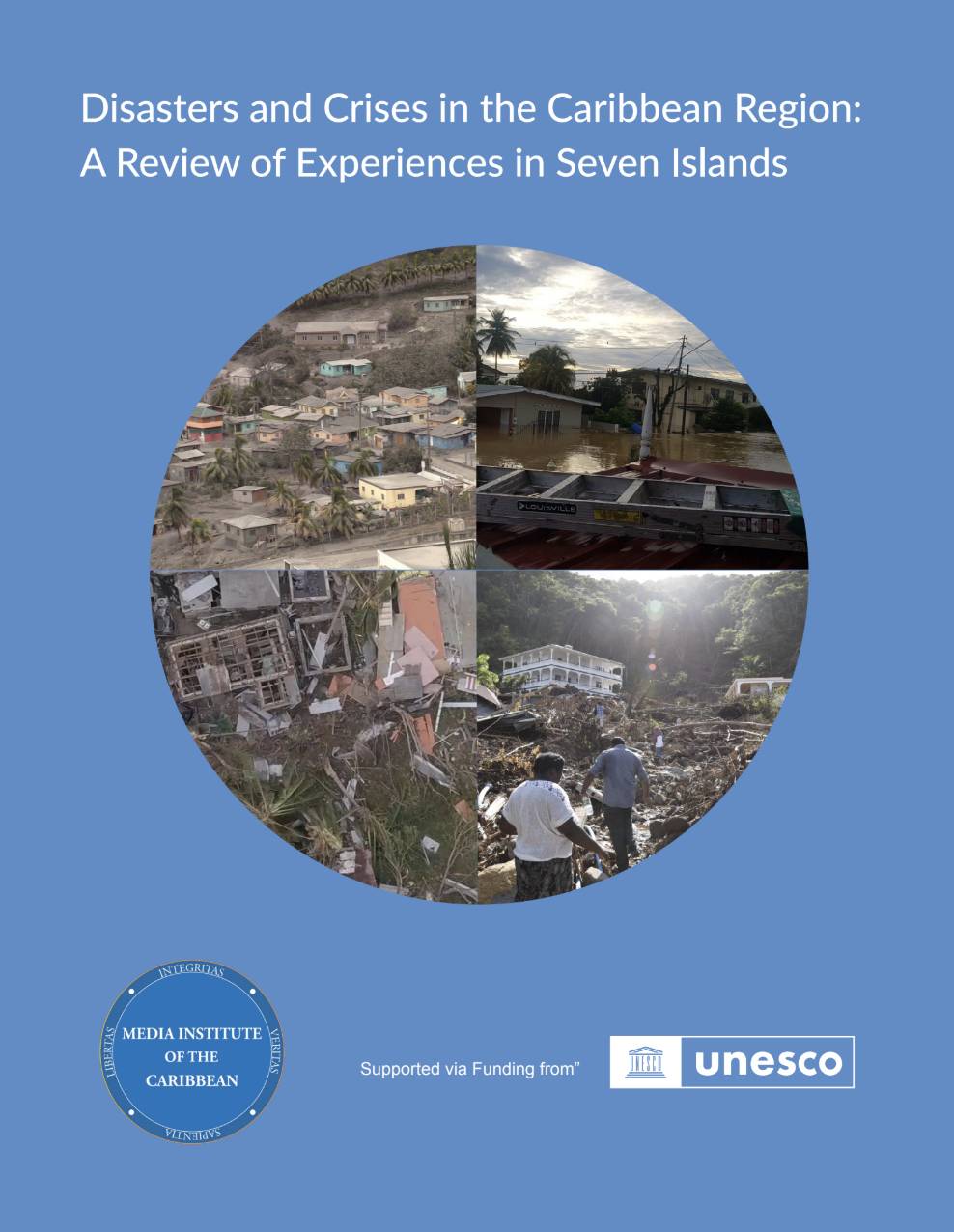The Media Institute of the Caribbean (MIC), in collaboration with UNESCO, has released a landmark report titled *Disasters and Crises in the Caribbean Region: A Review of Experiences in Seven Islands*. This comprehensive study delves into the critical role of communication and information management during disasters across Antigua and Barbuda, Barbados, Dominica, Grenada, Guyana, Trinidad and Tobago, and Saint Vincent and the Grenadines. The report underscores the Caribbean’s heightened vulnerability to natural and health crises, emphasizing the need for robust, culturally sensitive, and timely communication strategies to mitigate risks and enhance resilience. It highlights the indispensable role of local journalists in disseminating emergency information, exposing accountability issues, and amplifying community voices, despite often working under hazardous conditions with limited resources. The report also calls for targeted investments in resilient news infrastructure, trauma-informed training for journalists, and stronger partnerships between media, government, and humanitarian agencies. Kiran Maharaj, President of MIC, described the report as a ‘call to action’ for governments and international partners, stressing that strengthening communication infrastructure is essential for saving lives, preserving development gains, and sustaining democracy. Dr. Paul Hector of UNESCO echoed this sentiment, emphasizing the need for policy reforms and institutional investments to build a safer and more informed Caribbean. The full report is available on the MIC website and other platforms.
Disasters and Crises in the Caribbean Region: A Review of Experiences in Seven Islands
